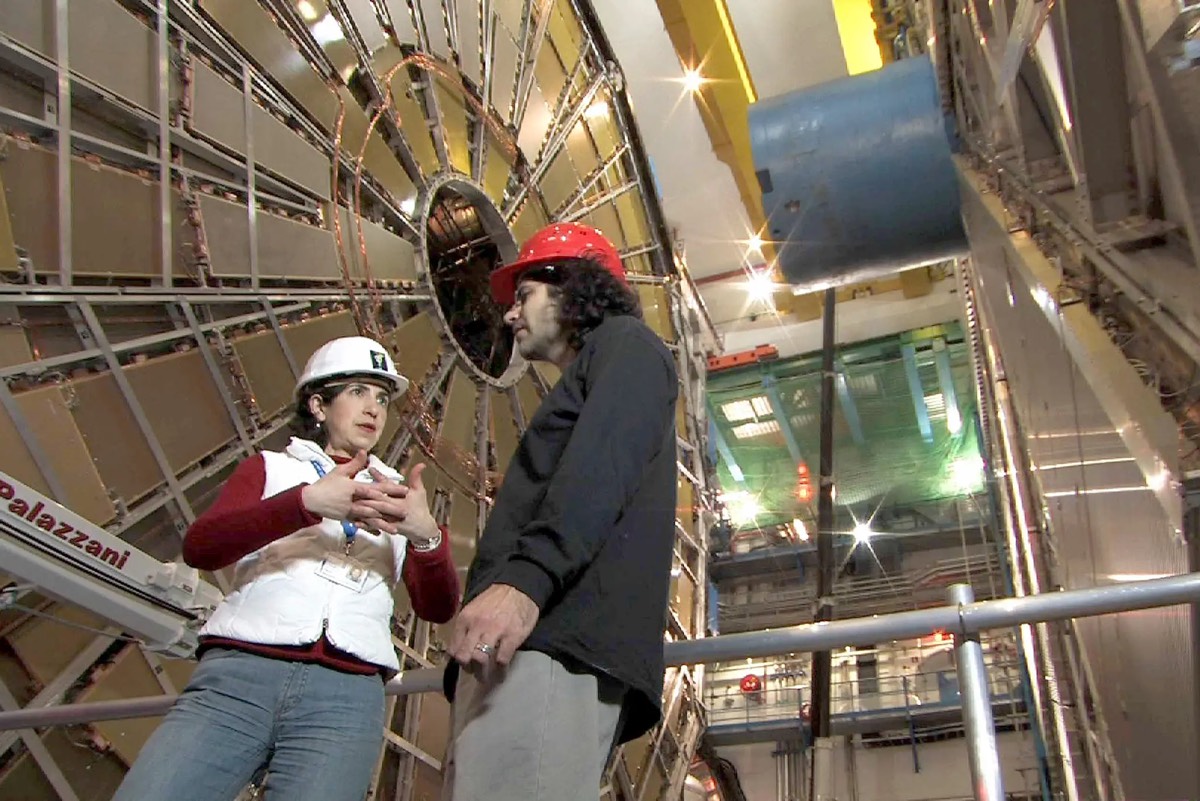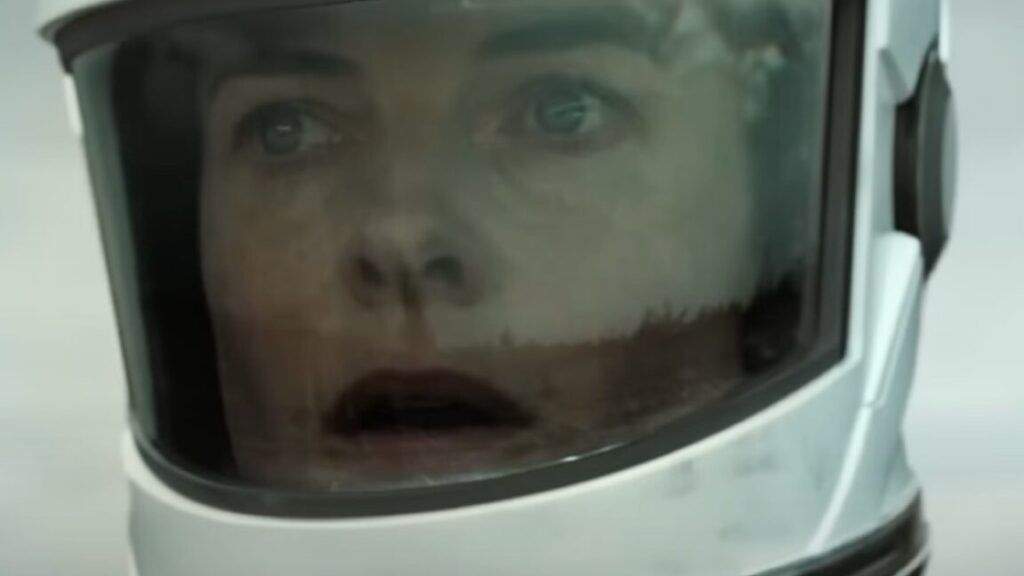Particle physics is poised to hit the bright lights of Broadway with the adaptation into a musical of the 2013 documentary Particle Fever, which charts the journey to detect the Higgs boson at the world’s largest particle accelerator. According to Deadline Hollywood, the creators described their musical as being filled with “heart, humor, and hope,” calling it an “exploration of the very nature of exploration itself… Particle Fever proves that even the very best theories are often no match for reality.”
(Spoiler: Physicists discovered the Higgs boson in 2012.)
Johns Hopkins University’s David Kaplan was a film student turned theoretical physicist when he came up with the idea for a documentary on the search for the Higgs boson—at the time, the last remaining piece of the Standard Model of Particle Physics yet to be detected. The Large Hadron Collider at CERN was designed for that purpose, although the physics community hoped (in vain thus far) to also discover exciting new physics.
Kaplan has said he originally planned to make the film himself, but his Los Angeles-based sister talked him out of it. Mark Levinson (a physicist turned filmmaker) ended up directing, with Oscar winner Walter Murch handling the editing, sifting through nearly 500 hours of footage—including amateur video footage shot by CERN physicists themselves.

Credit:
Anthos Media
Physicist David Kaplan interviews Fabiola Gianotti, head of one of the two teams that found the Higgs Boson at CERN, in a still from Particle Fever.
Credit:
Anthos Media
The project took seven years to complete and made its debut at various small film festivals before enjoying a limited US release in March 2015. It received critical acclaim, and for fans of popular physics, it was delightful to see working physicists like Monica Dunford—then a post-doc working on the ATLAS experiment, now a professor at Heidelberg University—and Nima Arkani-Hamed of the Institute for Advanced Study front and center, highlighting the give-and-take between experiment and theory as they sought to detect the elusive Higgs boson.




